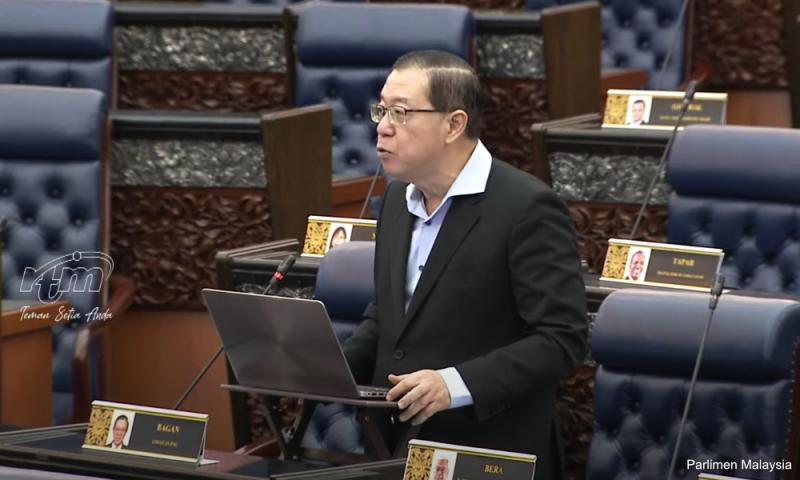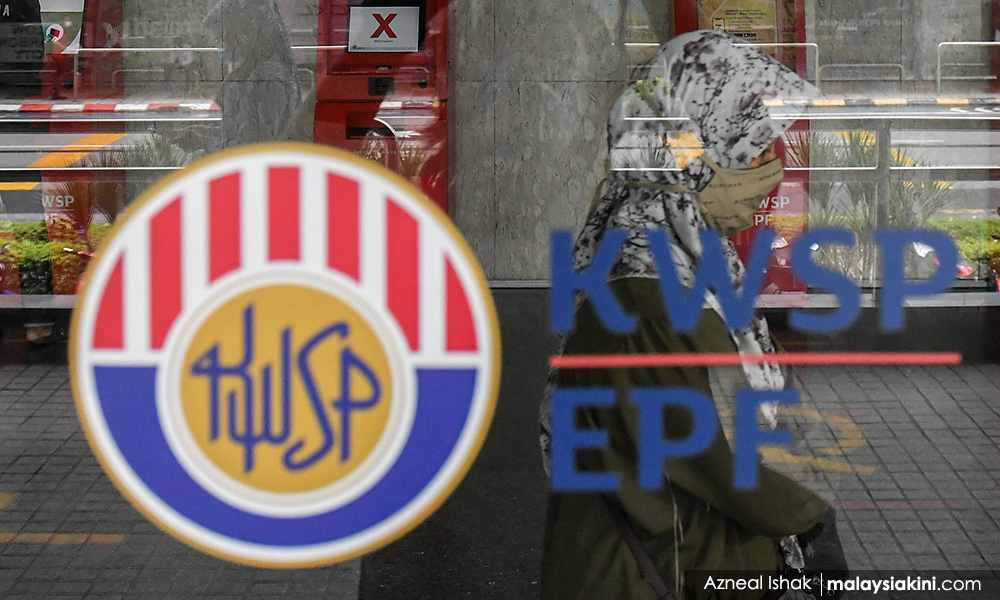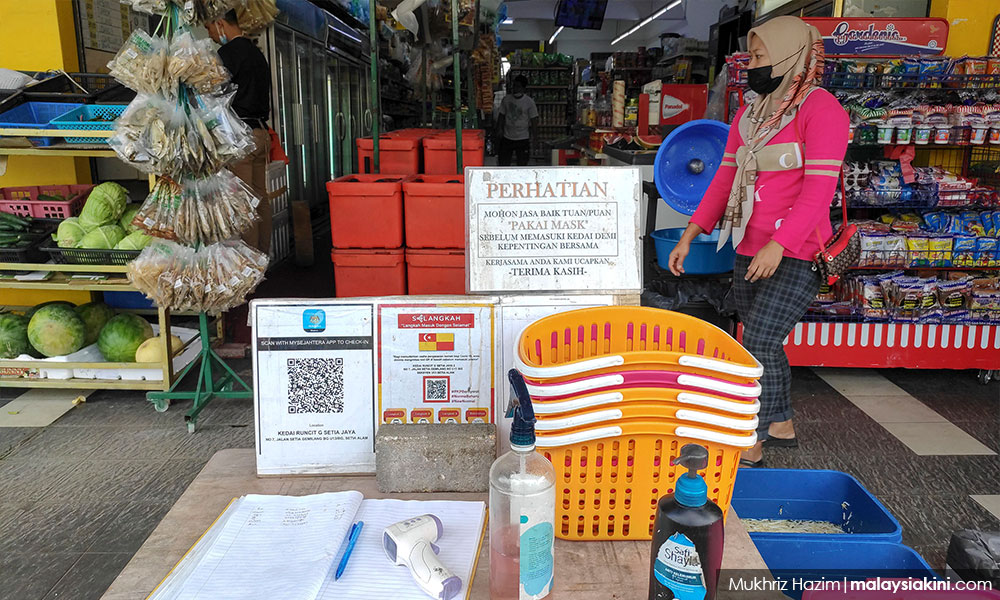


Guan Eng: No need minimum wage, EPF for existing migrant workers
Malaysiakini Team
Published: Aug 6, 2025 2:11 PM
Updated: 4:52 PM
PARLIAMENT | Malaysia is not bound by any United Nations or International Labour Organisation (ILO) conventions, and there is no need for the government to mandate a minimum wage and EPF contributions for migrant workers who are already in the workforce.
This assertion was made by former finance minister Lim Guan Eng (Harapan-Bagan) in the Dewan Rakyat when debating the 13th Malaysia Plan today.
“Hence, there is no need to mandate RM1,700 minimum wage and two percent EPF contributions for migrant workers,” he claimed.
The DAP chairperson pointed to Singapore’s policy of not requiring Central Provident Fund (CPF) contributions for migrant workers since 2003 without repercussions from the ILO.
“Therefore, the RM1,700 wage floor and two percent EPF contribution should apply only to new foreign hires - as employers engage current workers based on existing terms,” he said.

While Malaysia is a member of the ILO, only 18 out of 77 conventions have been ratified, with 14 currently in force. The remaining conventions, including those related to migrant labour protections, have yet to be adopted.
Lim also praised the unity government’s achievement in reaching full employment but cautioned that plans to reduce the proportion of migrant workers from 15 percent to 10 percent by 2030 could lead to labour shortages in key industries.
“Hence, the process for hiring foreign workers must be simplified,” he said, suggesting that the system be moved entirely online with the help of emerging technologies.
‘Step up support for local SMEs’
On the local business front, Lim underscored the growing importance of small and medium enterprises (SMEs), which currently contribute 38 percent to the GDP and are projected to hit 40 percent by 2030.
He said SMEs account for 48 percent of jobs and nearly 13 percent of Malaysia’s exports.

“Now, SMEs face intense competition from Chinese traders who fully source and manage costs from China.
“To support local SMEs, all foreign investors and contractors - whether working on public or private projects - should be required to procure at least 50 percent of their supplies from local producers,” he said.
To further ease pressure on the public and businesses, Lim proposed six additional financial measures:
Raise the SME tax threshold by 15 percent - from RM150,000 to RM300,000 at a 15 percent tax rate, and from RM300,000 to RM700,000 at a 17 percent rate - potentially saving SMEs up to RM10,000 from the 2025 assessment year;
Limit the two percent dividend income tax to individuals receiving dividends only from companies listed on Bursa Malaysia;
Introduce an additional RM5,000 in individual tax relief;
Expand the existing RM7,000 education tax relief to cover children in both primary and secondary school;
Spread the 14 percent electricity tariff hike into two staggered seven percent phases;
Exempt the construction and rental sectors from the six percent and eight percent SST expansion, respectively.
Lim said the proposed measures would provide targeted relief while supporting key sectors such as SMEs and households with school-going children.
To be frank the construction sector in Malaysia - the companies and the owners of the companies -are awash in profit.
ReplyDeleteThere is no justification to exempt these highly profitable businesses from SST.